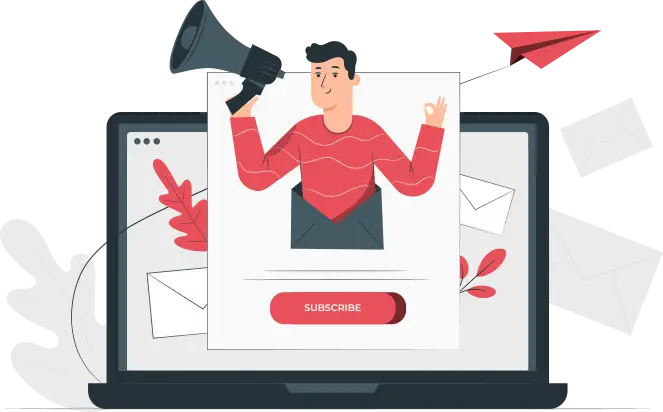How to Improve Cibil Score After Settlement
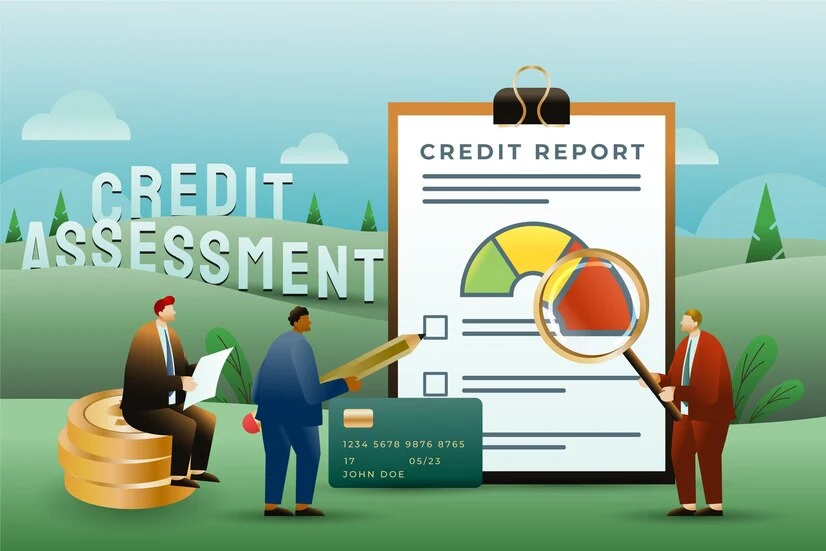
How to Improve Cibil Score After Settlement, After making a credit card settlement, one typical concern that a majority of people is, "Is there a way for me to improve my CIBIL score after the settlement process?" Indeed, there is! Fortunately, there is always time and effort to improve your credit position. But you must keep in mind that raising your credit score is not an overnight, instantaneous process. To succeed in any diet or health/exercise programme, you must have patience, discipline, and dedication.
What is a Loan Settlement?
Loan settlement, also called debt arbitration or credit settlement, involves lenders and borrowers finding common ground when unexpected circumstances hinder repayment. After expressing inability to repay, both parties agree on a reduced final amount, paid by the borrower as a one-time sum. Opt for settlement only after exploring all repayment avenues, as it adversely impacts your credit score. This option is selectively offered to genuinely distressed debtors. Lenders use it to mitigate risks associated with a specific loan and alleviate debt obligations for borrowers. Careful consideration is essential, as the one-time settlement affects your credit standing.
Read More: Ways To Get a Business Loan With Low CIBIL Score
Impact Of Loan Settlement On Your Credit Score
Settling a loan, paying less than owed, provides temporary relief but severely impacts your credit score, making future funding challenging. Upon settling, the lender promptly reports to credit agencies, closing the account with a 'settled' remark. This leads to a 75-100 point drop in the borrower's credit score, a lasting record for seven years. Consequently, lenders become wary and may reject loan applications during this period. Unless there's no alternative for repayment, opting for loan settlement is unadvisable due to its lasting repercussions on creditworthiness and future borrowing prospects.
Read More: How Do Personal Loans Affect Your Credit Score?
How to Improve Cibil Score After Settlement of Your Credit Card
1. Prefer “Settled” to “Closed” status - Once you and the credit card company have reached a settlement, you should pay off the balance in full and update your status from "Settled" to "Closed." Your credit score is still negatively impacted by a "Settled" status as it indicates that you haven't paid off all of your debts. In order to convert your credit card account to a "Closed" account, speak with your credit card provider and work out a mutually agreeable sum that takes into consideration both your income and affordability. Your credit score will be significantly improved by this.
2. Make timely payments - Almost one-third of your credit score is determined by your payback history, which is a critical component. Paying back all of your credit card debt and loans on time and in full is one of the best strategies to improve your credit score. You should start doing this right now. Your score will be significantly and immediately impacted by this. Spending less may be necessary for you to be able to make all of your payments, but the improvement to your credit will be well worth it.
3. Do not use your credit limit excessively - The amount of money you have accessible on your credit accounts is another element that affects your credit score. Make sure you don't utilise more than half of the available credit limit. Don't use your credit card for more than Rs. 25,000 every month, for instance, if your credit limit is Rs. 50,000. Anything more indicates that you are "hungry" for credit and lack self control when it comes to your expenditures. Your score is negatively impacted by this. Make sure you don't go over 50% of your limit if you want to raise your score.
4. Clear your outstanding - Your credit score is severely impacted by any balances you may have on your credit card or loan. Negotiate with each of your lenders to attempt to come to a figure to pay off all of your dues, even if it may first appear impossible to locate the money to pay them all off. The longer you put off paying your debt, the more interest accrues and the more money you'll ultimately need to pay. Concurrently, as you delay payments, your credit score keeps going down. In actuality, delaying loan or credit card repayment has mainly negative effects rather than benefits. A significant step in raising your score and becoming loan eligible is paying it off.
5. Don’t refrain from using credit - Your credit score is severely impacted by any balances you may have on your credit card or loan. Negotiate with each of your lenders to attempt to come to a figure to pay off all of your dues, even if it may first appear impossible to locate the money to pay them all off. The longer you put off paying your debt, the more interest accrues and the more money you'll ultimately need to pay. Concurrently, as you delay payments, your credit score keeps going down. In actuality, delaying loan or credit card repayment has mainly negative effects rather than benefits. A significant step in raising your score and becoming loan eligible is paying it off.
6. Wait before settlement - If you are the borrower and are experiencing difficulties repaying your loan because of something like unemployment, an accident, or a major medical condition, do not accept your lender's or the bank's initial offer of the One Time Settlement option. Remember that the settlement will result in a reduction in your credit score. Alternatively, you might attempt to pay off the debt by selling off a section of your portfolio or some of your assets. If you are unable to do that, please contact your friends and relatives. Avoiding any kind of settlement is advised.
7. Check your credit report regularly - If you are the borrower and are experiencing difficulties repaying your loan because of something like unemployment, an accident, or a major medical condition, do not accept your lender's or the bank's initial offer of the One Time Settlement option. Remember that the settlement will result in a reduction in your credit score. Alternatively, you might attempt to pay off the debt by selling off a section of your portfolio or some of your assets. If you are unable to do that, please contact your friends and relatives. Avoiding any kind of settlement is advised.
FAQs
How Can My CIBIL Score Be Found?
You can visit a BFSI website to view your CIBIL score information, or you can check your score on cibil.com.
Does the CIBIL Score Go Up When a Loan is Closed?
If you make all of your EMI payments on time after closing a loan, your CIBIL score will rise.
Does the Settlement of a Debt Impact My CIBIL Score?
If you work out a settlement with your bank for less than what is owed, your CIBIL report will reflect that. It's one thing to be debt-free and default-free in the past, but it's another to have a credit history that indicates you intend to pay off your loan following a bank settlement. Each of them is categorized and reported individually so that the subsequent loan lender may make an educated decision.
The Conclusion
After a debt is settled, you may restore and raise your CIBIL score. It takes time, but it is achievable with perseverance and discipline. Your CIBIL score can rise from 600 to 750 or even higher by improving your creditworthiness and forming appropriate financial habits in addition to the eight measures listed above.
Investkraft can assist you in easily checking your CIBIL score since we recognise how important it is to have a strong credit score. With our range of loan options and our support in helping you take charge of your credit score, we can help clear the path to a more prosperous financial future! We can assist in realizing your ambitions by providing loans for any purpose!
Verify Phone Number
Related Post

Top Loan Schemes with Highest Subsidies in India 2024
Find the Indian loans with the highest subsidy easily with the help of Investkraft. This guide provi...
Read more...
Pradhan Mantri Mudra Yojana (PMMY) Loan: Eligibility, Application Form, Benefits
The Pradhan Mantri Mudra Yojana (PMMY) loan has been a game changer for small and micro-enterprises...
Read more...
How Does the RBI Regulate P2P Lending in India 2024?
P2P lending has grown significantly in India, becoming an important part of the financial ecosystem....
Read more...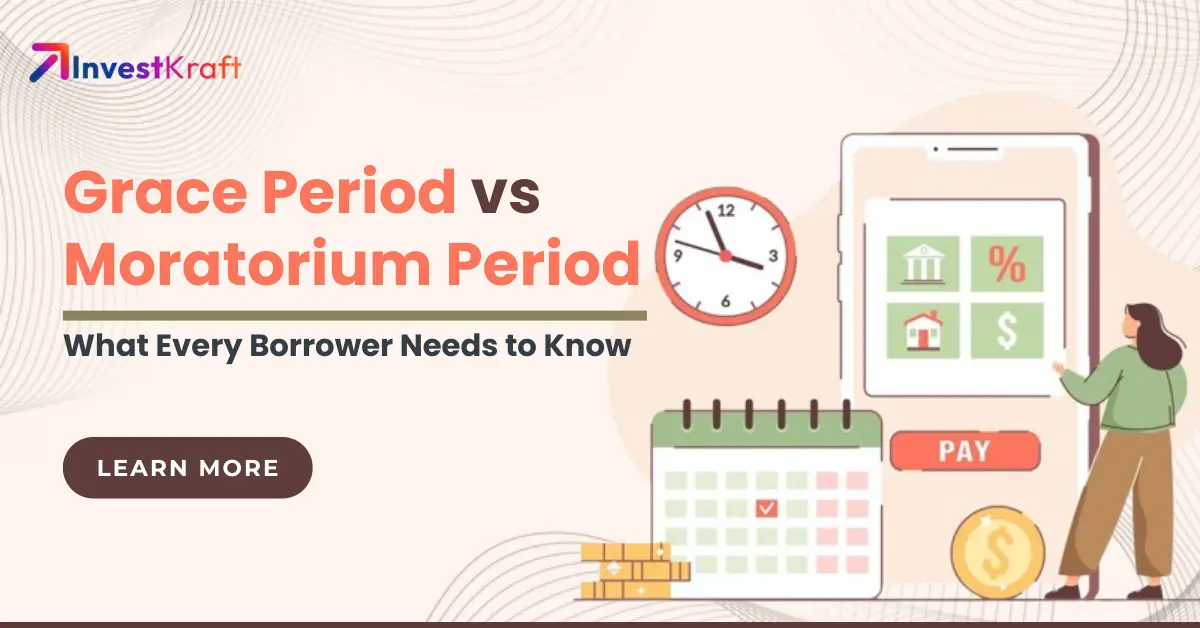
Grace Period vs Moratorium Period: A Detailed Comparison for Better Financial Decisions
The terms “moratorium period” and “grace period” are often mistaken to have the same meaning. Howeve...
Read more...
List of Microfinance Companies in India 2025 – Small Loans & Financial Services
Microfinance in India has been rapidly expanding as a viable financial service due to the emergence...
Read more...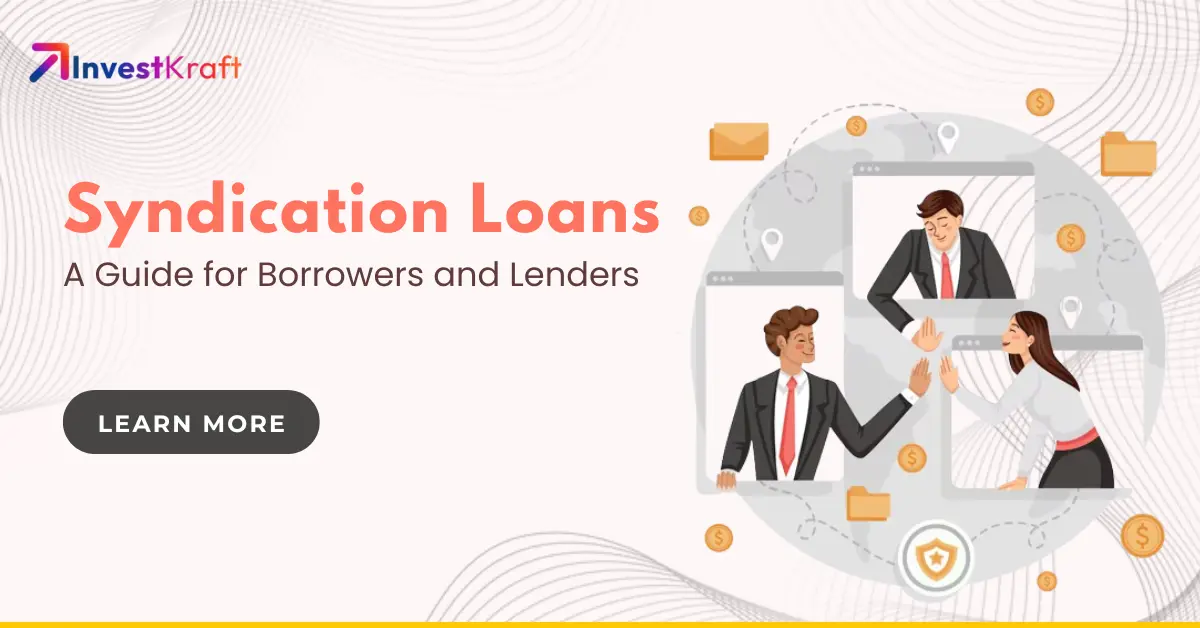
Understanding Syndication Loans: A Guide for Borrowers and Lenders
Loan syndication is a solution for borrowers seeking large loans that may be beyond a single lender’...
Read more...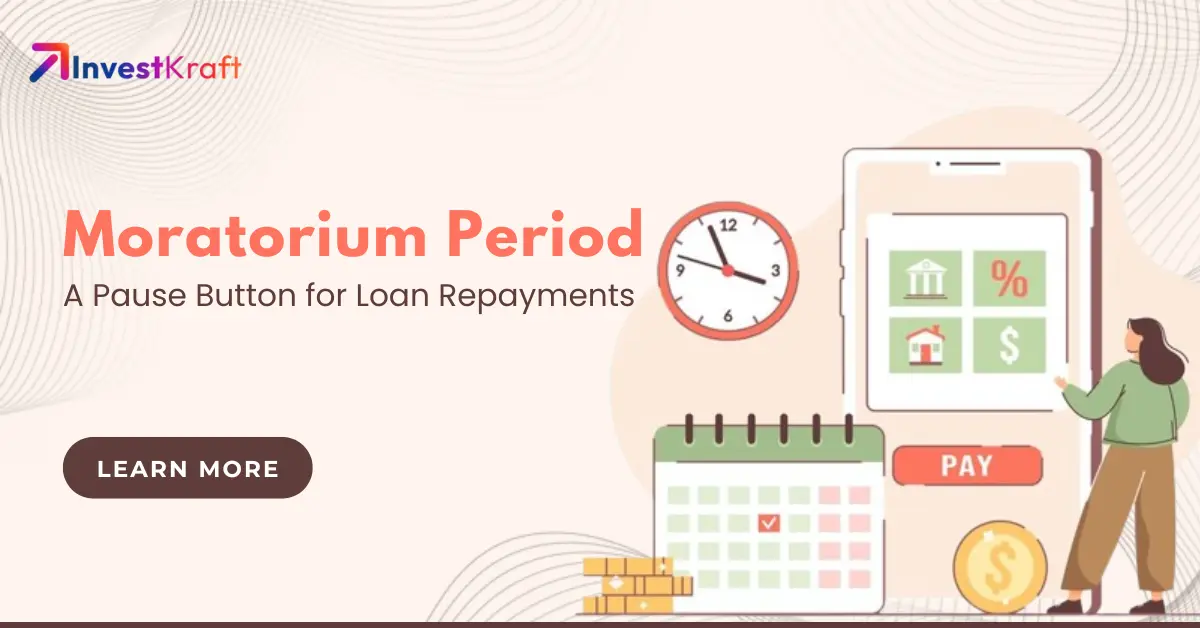
How Does the Moratorium Period Act as a Life Raft for Borrowers?
Financial jargon, whether taking a loan or opening a bank account, can be confusing and tricky. Thes...
Read more...
New to Credit? Stop Worrying and Build Your Credit with These Essential Tips
Establishing and maintaining a healthy credit score can seem overwhelming, particularly for new borr...
Read more...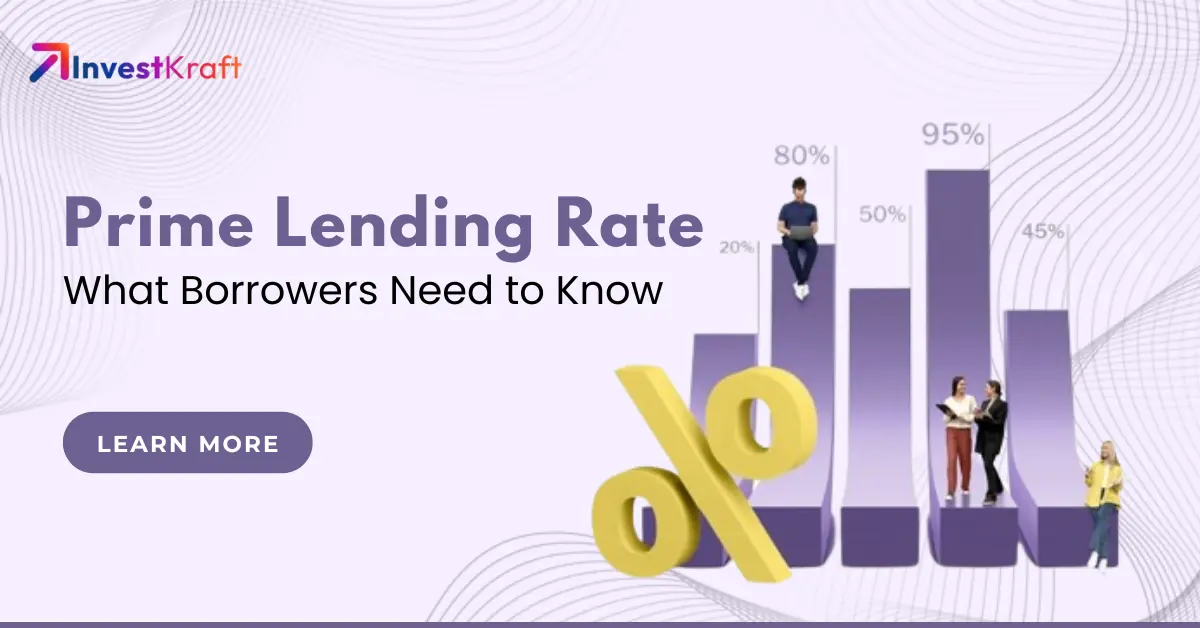
Prime Lending Rate: A Friend or Foe for Borrowers?
When purchasing items on credit, it is common to need a financial investment and many turn to loans...
Read more...
Instant Cash Loans: Everything You Need to Know
Have you ever been in a situation where you did not have enough money to make a purchase? Maybe you...
Read more...Reach out to our Experts if you have any Doubts
Like the best things in life, Consultations @InvestKraft are free
Drop a Mail or give us a Missed Call & Begin your Investment Journey here
